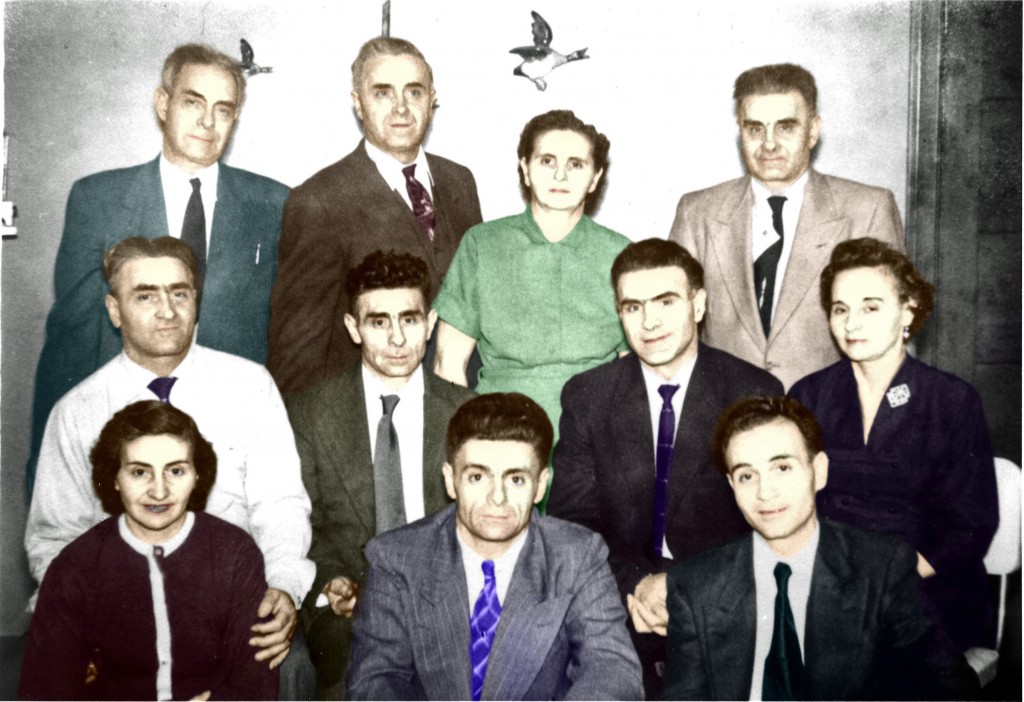How do you find out where your ancestors lived?
You can answer this question by using different approaches –even combining a few- and this basically depends on the information you actually have and which you can use as firm ground upon which to start your search for ancestors.
Why are we looking for this information?
Genealogy is America’s 2nd most popular hobby. Did you know this? It might sound amazing, but if you think it, most of us care about family members that preceded us because they share some of our genes, thus it is intrinsic to human beings to be curious about our ancestors, that is, about our heritage.
What information do we need to gather?
The first source of information are of course family members. Unfortunately, sometimes this information is not available –for example in case of closed adoptions- or is incomplete.
In the case of incomplete family records, we should start filling in the gaps by getting vital records of our ancestors. As stated in our blog https://rebelato.org/birth-marriage-and-death/ vital records like birth certificates, baptism faiths, marriage and death certificates, normally include our ancestor´s places of origin. Starting by the closest record, each record will take us to the previous, and so on.
Is it hard to get this information?
Nowadays vital records can be obtained on line or can be officially requested at public offices, normally at least for our first 3 and up to our 5th generation.
Whenever we arrive to a dead point, or in case there is no much ground to start our research, we can always try with a genealogy DNA test. As stated in our blog https://rebelato.org/find-your-genetic-ancestry/ genetic ancestry testing is being offered by several companies and organizations that also provide online forums and other services to allow people who have been tested to share and discuss their results with others. DNA tests are able to map our ethnicity going back multiple generations of ancestors and to provide us insight about our ethnicity.
On the other hand, our surnames can also tell us a lot about our ancestor´s place of origin. In our previous blog https://rebelato.org/the-meaning-of-surnames/ we indicated that the meaning of most surnames in use nowadays either relate to a person name -normally a male ancestor- (patronymic surnames), a place name (topographical surnames), a physical characteristic of an ancestor (descriptive surnames), or to an activity performed by an ancestor (occupational surnames). By digging deeper in the meaning of our surnames and the way they are currently pronounced, we would get a lot of insight regarding our ancestor´s place of origin. Patronymic surnames are surnames derived from names and most of the time is easy to source the region of origin of these surnames by its particular characteristics. For example the prefix “O” –meaning “son of”- in a surname can be an evidence of an Irish origin (O`Donnell for example). Some topographical surnames can also make evident the place of origin of the ancestor that originally carried it (the Spanish surname “Castro” or the Italian surname “Piacenza” for example).
It is advisable that as soon as you decide to find your ancestors and in order to properly collect and preserve all the information concerning them, you do set up a way of organizing yourself. To preserve my data my choice has been an online genealogy site (check my suggestions at https://rebelato.org/genealogy-websites/) but you can also opt by using downloadable genealogy software like the ones indicated in our blog https://rebelato.org/genealogy-software/
By, Carmen Vazquez Sibils














